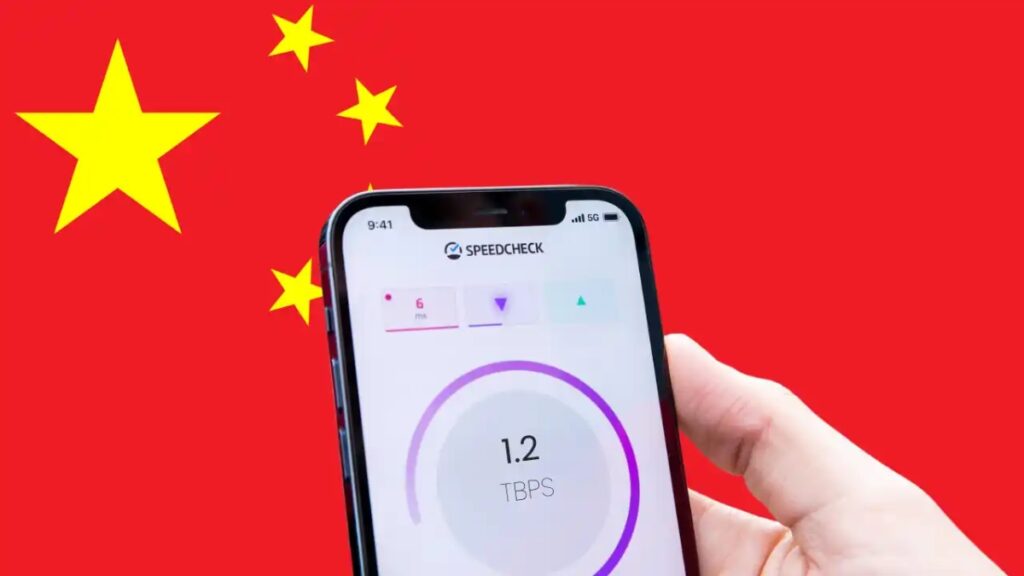New Delhi: China has unveiled what it claims to be the world’s most advanced internet network, boasting speeds of around 1.2 terabits per second, according to tech giant Huawei. This network, jointly launched by Huawei, China Mobile, Beijing’s Tsinghua University, and Cernet (an education and research network funded by the Chinese government), operates on a next-generation backbone spanning 1,800 miles of optic fiber cables from Beijing to the south.
This cutting-edge network, which has been operational and undergoing tests since this summer, far exceeds current internet speeds. The theoretical capability to transfer data equivalent to 150 movies in just one second has potential implications for various sectors, including businesses, information transfers, stock trading advantages, and national security.
The backbone network, crucial for efficiently routing internet traffic across different locations, supports data-hungry technologies like 5G and electric vehicles. Although specifics about expanding the network throughout the country are not disclosed in the translated press release, this initiative has been launched approximately two years ahead of expert predictions.
The announcement coincides with a meeting between President Biden and Chinese President Xi Jinping, who has emphasized that this backbone network development positions China as a “cyber power” and will expedite the advancement of core internet technologies. Despite potential concerns, especially amid tensions between the two superpowers, the focus on internet infrastructure rather than home internet speeds means it may not pose a direct threat to the US, unlike competition in areas like AI, semiconductors, or wireless networking technology.
Wu Jianping, a professor at Tsinghua University overseeing the backbone internet project, highlighted in the press release that the entire system, encompassing both software and hardware, is made, produced, and independently controlled in China. Describing it as the most advanced network globally, Jianping emphasized its significant potential for Chinese businesses requiring substantial bandwidth.
Huawei Technologies Vice President, Wang Lei, illustrated the remarkable speed of the new network by explaining that it can transfer data equivalent to 150 high-definition films in just one second. This achievement echoes Huawei’s past endeavours, such as the launch of the Mate 60 Pro smartphone with a breakthrough Chinese-made 5G chip. Notably, this occurred during a visit by US diplomats, prompting subsequent scrutiny from the US government regarding the technology’s origins and Huawei’s access to foreign chip technology.
As China pioneers this advanced internet infrastructure, it lays the groundwork for potential economic and technological advantages, solidifying its position in the global tech landscape.





